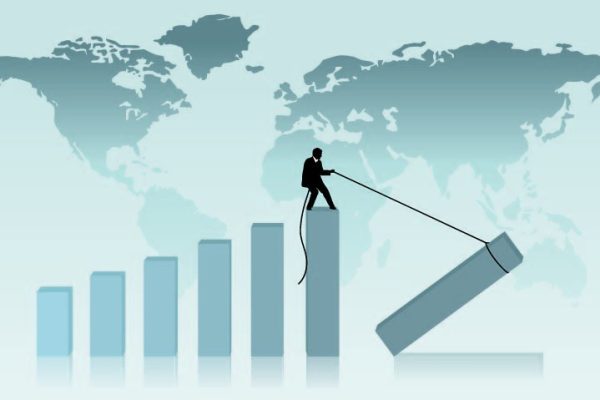
Leveraging its global influence, the World Bank (WB) plays a crucial role in promoting and implementing PPPs to address infrastructure deficits and catalyse economic development. The effectiveness of PPPs hinges on several prerequisites, including well-developed markets, transparent regulatory environments, and planned projects. In this light, the section will focus on how the World Bank Group […]

You’ve got a great idea for a new product that will increase revenue or a new system that will cut the company’s costs. But how can you be sure that it’s a worthwhile investment? Any time you propose a capital expenditure, you can be sure senior leaders will want to know what the return on investment (ROI) is.

Behind every major resource-allocation decision a company makes lies some calculation of what that move is worth. Whether the decision is to launch a new product, enter a strategic partnership, invest in R&D, or build a new facility, how a company estimates value is a critical determinant of how it allocates resources. And the allocation of resources, in turn, is a key driver of a company’s overall performance.

Since its launch, the Framework has allowed companies to more successfully integrate the UNGPs into their business operations. These Principles were unanimously endorsed by the UN Human Rights Council in 2011 and clarify the responsibility of governments and business as regards the impacts businesses can, and do, have on people and how business should provide or enable remedy to those who have been harmed. The UNGPs are the most authoritative guidance and the blueprint for embedding human rights practices in business.

From company owners to prominent thought leaders to major investors, there were two themes commonly identified as keys to unlocking the next stage of success in sustainable investing. These were genuine and consistent engagement, and a fresh approach to measurement and reporting.

Whether it’s business innovation, employee engagement or everyday productivity, technology promises to do it all. But amidst the limitless possibilities, leaders can find themselves uncertain on the benefits of certain technologies, how to focus their investments and how to get their people on board with change.

From a footnote in the annual report to an integral part of business strategy, the understanding of sustainability has changed dramatically since the 1960s. We ask: what next?

In 2018, the Bank of England (the “BoE”) set up a project called “Future of Finance” aimed at anticipating the upcoming changes in financial services for the next decade, and the impact of these changes for market participants, customers and regulators.

One day ahead of the UN Climate Action Summit in New York, 22 September 2019 – The United Nations launched the Principles for Responsible Banking with the sign up of 130 international banks, collectively holding more than USD 47 trillion in assets.
Get in touch with us or Find an office closest to you